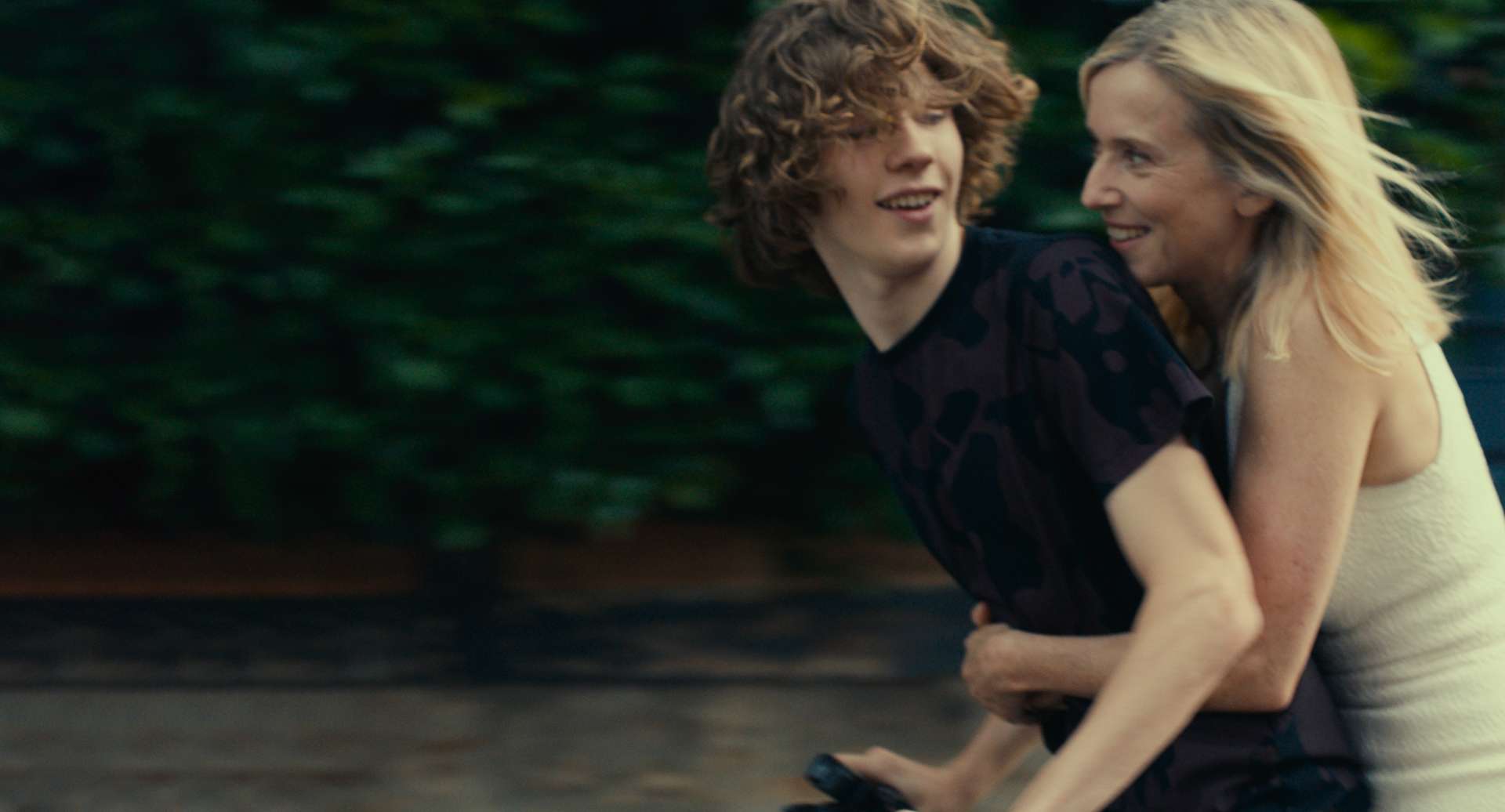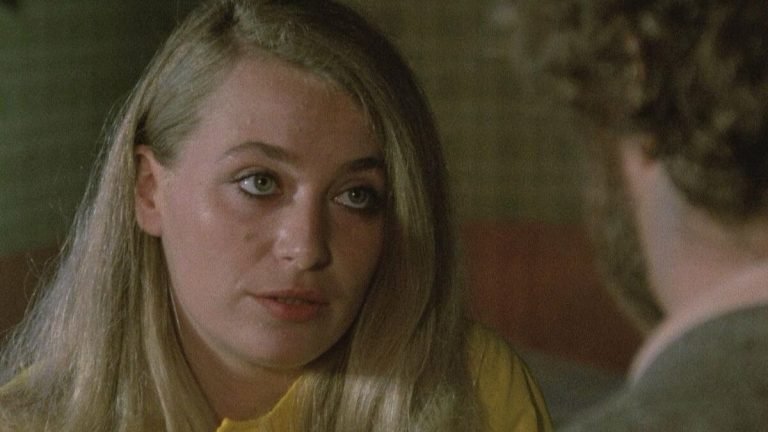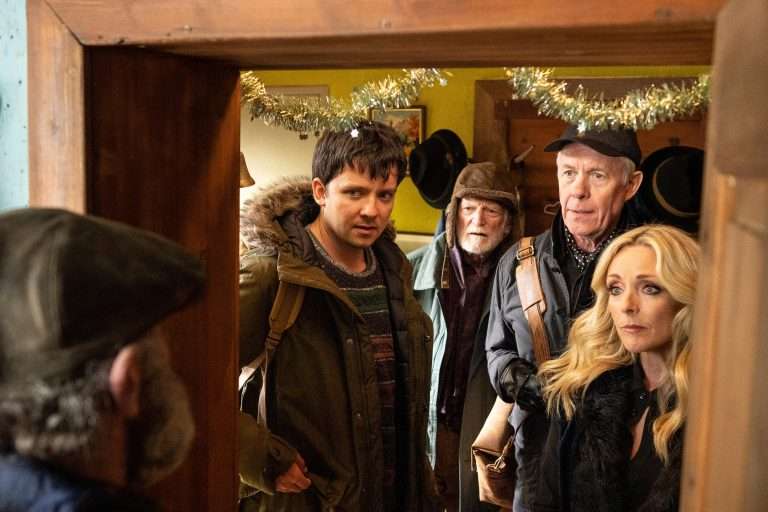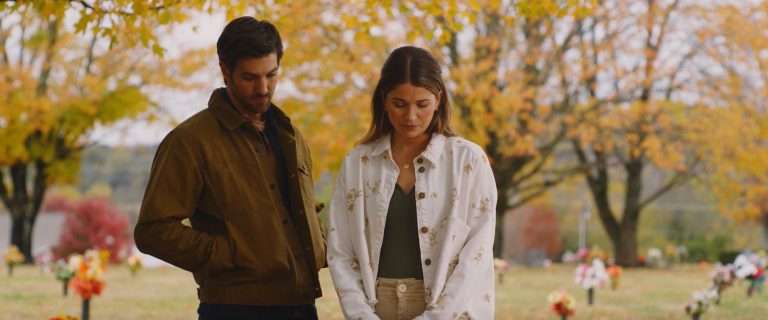If at all anything, Catherine Breillat is a fearless filmmaker. What distinguishes her audacious framing of a situation from any other regular filmmaker wanting to push transgressive buttons is the incisiveness, the penetrating sense of objectivity she is able to marshal in scenes that aren’t afraid to test a viewer’s moral compass. Breillat’s cinema contains permeability to queasiness, a discomfort that is allowed to persist in its quest of teasing and prodding at the questions she wishes to raise. There’s no shyness or awkwardness in grappling with messy, unwieldy choices, compelling the viewer to witness its characters confront an imploding aftermath head-on. This makes her films to be intense, scabrous experiences that don’t hesitate to flash its cutting edges. Her new film, Last Summer, teems with this prickly intensity in its examination of forbidden desire.
The particular form of scandalous desire, the one between stepmother and stepson, is the stuff of run-of-the-mill American pop culture, but Breillat infuses this template with fresh, oozing life, somehow managing to evoke the heady rush of being carried away by and indulging in the illicit. The well-mannered, socially trained body knows it must resist the staggering perils of risking it, but the volcanic tug of succumbing overwhelms all rational restraints.
Lea Drucker plays the middle-aged lawyer Anne, who is pretty much at the center of the narrative. Our first introduction is her dispensing counsel to a client, dispassionately advising her on how she might be treated if she proceeds with her complaint of sexual violation. She bluntly states facts, outlining the stakes for her as if to toughen and brace her up for the follow-up. Her approach is more direct than gentle.

Anne has a settled life with her much older husband, Pierre (Olivier Rabourdin), and her two young daughters. The marriage is in a somewhat relaxed state. The first flush of passion has gone, but the two share a degree of comfort in the little time they get with each other. This sedate arrangement is unsettled when Theo (Samuel Kircher), Pierre’s son from his previous marriage, puts up at their house after messing around at school.
While Theo exercises his high charm and wins over Anne’s girls, he reserves his contempt and disdain for Pierre. Pierre himself acknowledges his guilt and regret for not devoting enough time to his son and not being around when Theo might have needed his guidance. Anne isn’t hostile to him; she isn’t indifferent and tries to put up a front of integrating him into the family. But his recklessness and rashness are too untamed. His entry into the house brings disorder, turning things upside down, as well as uncontrolled urges.
In Kircher’s performance, Theo becomes this livewire. He has no niceties for social order. He edges toward the untoward with gleeful abandon, also pulling Anne into his orbit. Breillat deliciously executes the batch of early scenes between Anne and Theo; both Drucker and Kircher amp up the frisson of sexual tension that might just burst through the roof. As the two get to know one another, Anne is quickly swept by his impetuousness. She is well aware she must be extremely mindful and cautious but cannot help being utterly seduced.
She becomes captive to the throbbing erotic spell he casts, being inexorably lured toward impending disaster. What ensues is a hidden, passionate game between this pair as they stage their lustful dalliance. Anne’s sexual life with Pierre is more mechanical and dulled; an intimate moment between them foregrounds a thrust in movements but strips any palpable pleasure for Anne. Theo seems to be offering Anne that: a glimpse of profane romance spiked with something that energizes and enlivens her.
There’s the great, ever-niggling fear Anne experiences of being caught. She keeps telling Theo they must stop, that they cannot afford to sneak around anymore, but Theo only invites her to partake in more outrageousness that heeds no norms. Despite being aware of the severe repercussions, she flouts the order that categorizes relationships and sets boundaries. Drucker and Kircher summon a delightful, easy playfulness; the two have incredible ease. Kircher imbues Theo with the scruffy, boyish cheeky mischief that is always eager to ruffle things.
As Last Summer wends into its final stretch, Breillat goes the farthest and to her most daring, jolting out bitterness and manipulation wielded by a steely Drucker. Anne’s decisions will divide audiences, but Drucker never lets her become utterly spiteful in her venomousness when her character does what she does for self-preservation. As Anne reverts to her dangerous impulses, Last Summer rears its most provocative suggestions, pushing back on acceptable notions of moral threshold.




![Soulmates [2021] Review : Meet-cute romance tests life-long friendship patterns in this dull, overlong misfire](https://79468c92.delivery.rocketcdn.me/wp-content/uploads/2021/11/Soulmates_0467-1-768x512.jpg)



![Aga’s House [2019]: ‘KVIFF’ Review – An Empathetic coming-of-age Drama Set in the Land Of Women](https://79468c92.delivery.rocketcdn.me/wp-content/uploads/2019/06/Agas-House-highonfilms1-768x322.jpg)